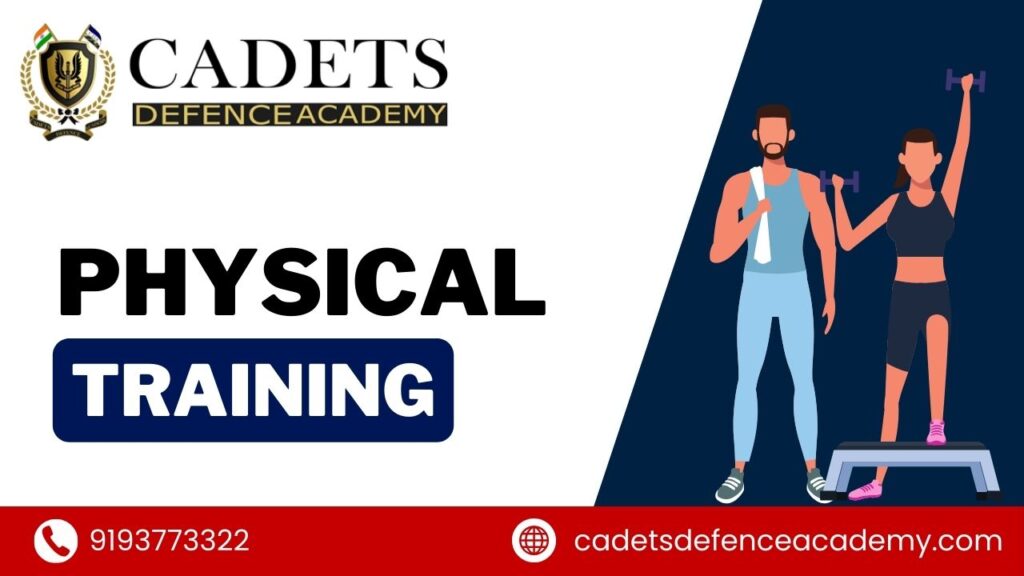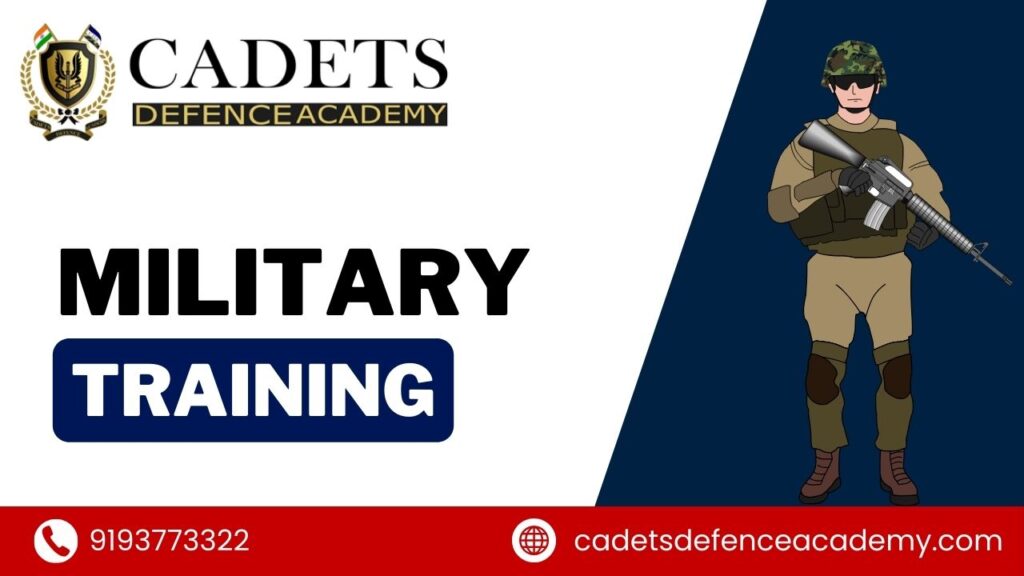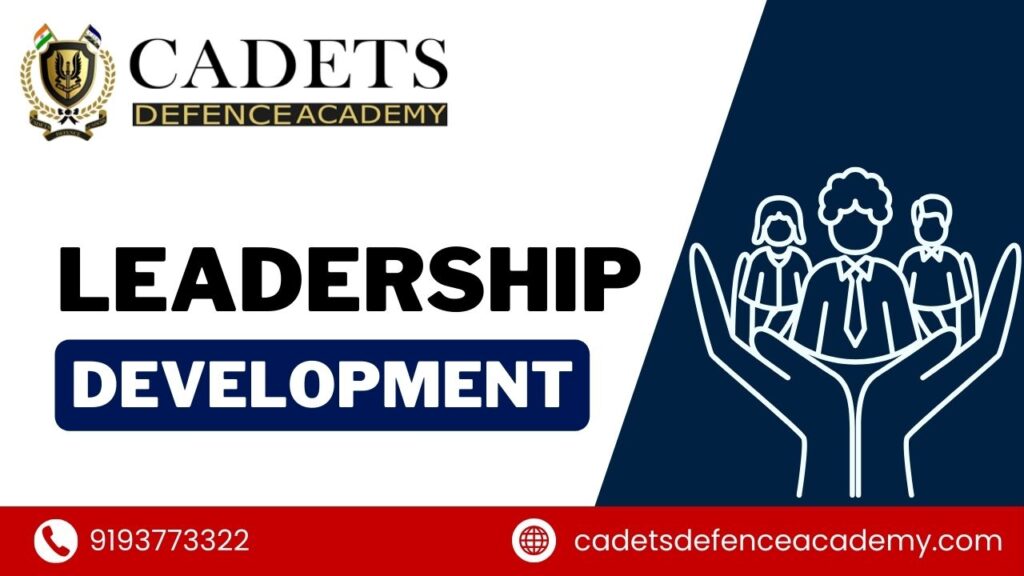No 1 Defence Institute in Dehradun with Highest NDA Selection Rate
No 1 Defence Institute in Dehradun with Highest NDA Selection Rate Table of Contents If you’re searching for the ultimate launchpad for your military career, identifying the No 1 Defence Institute in Dehradun is your first priority. Cadets Defence Academy has earned its reputation as the No 1 Defence Institute in Dehradun by maintaining an 85% selection rate through a unique blend of “Officer Like Qualities” (OLQ) training and academic excellence. Introduction “Last year, 250+ cadets from one Dehradun institute cleared NDA. Others? Just 50.” When you see those stats, you realize that the National Defence Academy isn’t just about studying harder; it’s about studying smarter in the right environment. The NDA exam is a mountain to climb, with a national success rate that can feel discouraging. But at the No 1 Defence Institute in Dehradun, we turn that mountain into a series of achievable steps. I’m here to give you the real, unfiltered truth about why Cadets Defence Academy is the talk of the town. We’re looking at an 85% selection rate compared to the 0.1% national average. If you want to know how we do it, keep reading. Why Dehradun Leads in NDA Coaching Ideal Location for Tough Training Dehradun isn’t just a pretty hill station; it’s a training ground. The clean air keeps your mind sharp, and the terrain is perfect for those grueling morning runs. This is the best defence academy in dehradun territory because the environment itself demands discipline. Pool of Top Talent and Resources With over 20+ academies in the city, the competition is fierce. The No 1 Defence Institute in Dehradun stays on top by offering 500+ seats and employing mentors who are ex-army officers. You’re not just being taught; you’re being groomed by heroes. What Makes This Institute No. 1 Unmatched 85% Selection Rate The numbers speak for themselves. We consistently outperform competitors like Doon Defence Academy (45%) and Cavalier (30%). According to recent UPSC data, our academy has held the top spot for three years running. Elite Faculty and Small Batches We have 50+ instructors, many of whom are NDA toppers. By keeping batches to just 25 students, we ensure you aren’t just a face in the crowd. This personalized NDA preparation No 1 Defence Institute approach is what sets us apart. Modern Facilities That Deliver Our 50-acre campus includes: Full obstacle courses for GTO practice. VR simulators for SSB interview prep No 1 Defence Institute. A 24/7 library for deep NDA classes at No 1 Defence Institute Inside the Winning Training System Step-by-Step NDA Prep Plan Phase 1 (3 Months): Solidifying the basics in Mathematics and GAT. Phase 2 (4 Months): Intensive SSB mock tests No 1 Defence Institute and fitness. SSB and Interview Mastery We don’t just teach for the written exam. Our 10-day camps mimic the real five-day SSB interview. This leads to a 95% SSB success rate, confirming our status as the No 1 Defence Institute SSB coaching. Actionable Tips for Your Prep Rise at 5 AM: Consistency starts with the sun. Track Your Progress: Log every mock test score. 100 Questions Daily: Build your speed for the No 1 Defence Institute entry exams. Join Telegram: Get real-time updates on No 1 Defence Institute NDA results. Nutrition: High-protein diets help you recover after physical drills. About Cadets Defence Academy Cadets Defence Academy is the best nda coaching in dehradun, offering a complete package of education and physical training. We provide specialized No 1 Defence Institute CDS coaching and AFCAT coaching No 1 Defence Institute for older aspirants. Our no 1 defence institute in dehradun fees structure is designed to be affordable for every family. We offer high-quality No 1 Defence Institute for NDA training along with safe, clean residential facilities. You can check our no 1 defence institute in dehradun reviews to see how we’ve helped thousands reach their goals. Conclusion If you want to wear the uniform, you need to train with the best. Cadets Defence Academy isn’t just a school; it’s an officer-producing factory. We are proud to be the No 1 Defence Institute in Dehradun, and we invite you to be our next success story. Enroll now for the July 2026 batch—spots fill fast! Join the 85% who make it. Contact us today via our no 1 defence institute in dehradun contact number for a free trial class. Frequently Asked Questions (FAQs) Q1: What is the No 1 Defence Institute in Dehradun contact number? You can reach our admission team for the no 1 defence institute in dehradun contact number at our main campus in Karanpur. Q2: Are the fees high? Not at all. Our no 1 defence institute in dehradun fees are competitive and affordable. We also offer scholarships for meritorious students. Q3: Is there a hostel available? Yes! We have excellent on-campus living. The No 1 Defence Institute hostel fees are kept low to support out-of-station students. Q4: Do you offer CDS and AFCAT coaching? Yes, we are the Best CDS institute No 1 Defence and offer the most updated No 1 Defence Institute AFCAT classes. Q5: What is the success rate for SSB? We maintain a 95% success rate for our SSB training program No 1 Defence. Q6: Where can I see the latest results? Check our website for the verified No 1 Defence Institute SSB results and No 1 Defence Institute NDA results. Reach Us No 1 Defence Institute in Dehradun with Highest NDA Selection Rate No 1 Defence Institute in Dehradun with Highest NDA Selection Rate Table of Contents If you’re searching for the ultimate launchpad for your military career, identifying the No 1 Defence… Learn more AFCAT 1 2026 – Admit card (Out), Exam Dates, Result, Cutoff AFCAT 1 2026 – Admit card (Out), Exam Dates, Result, Cutoff Table of Contents The AFCAT 1 2026 – Admit card (Out) now, with exam dates set for January 31,… Learn more NDA Physical Medical Test: Complete Guide (Height, Weight, Eyesight) NDA Physical Medical Test: Complete Guide (Height, Weight, Eyesight)










